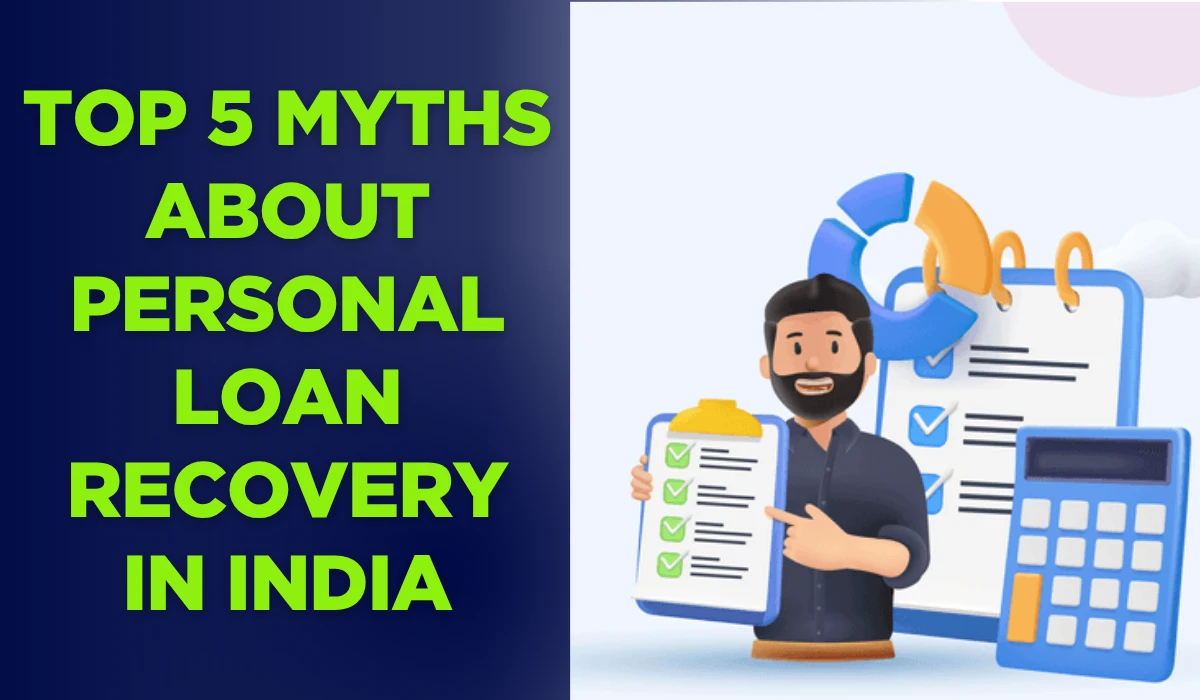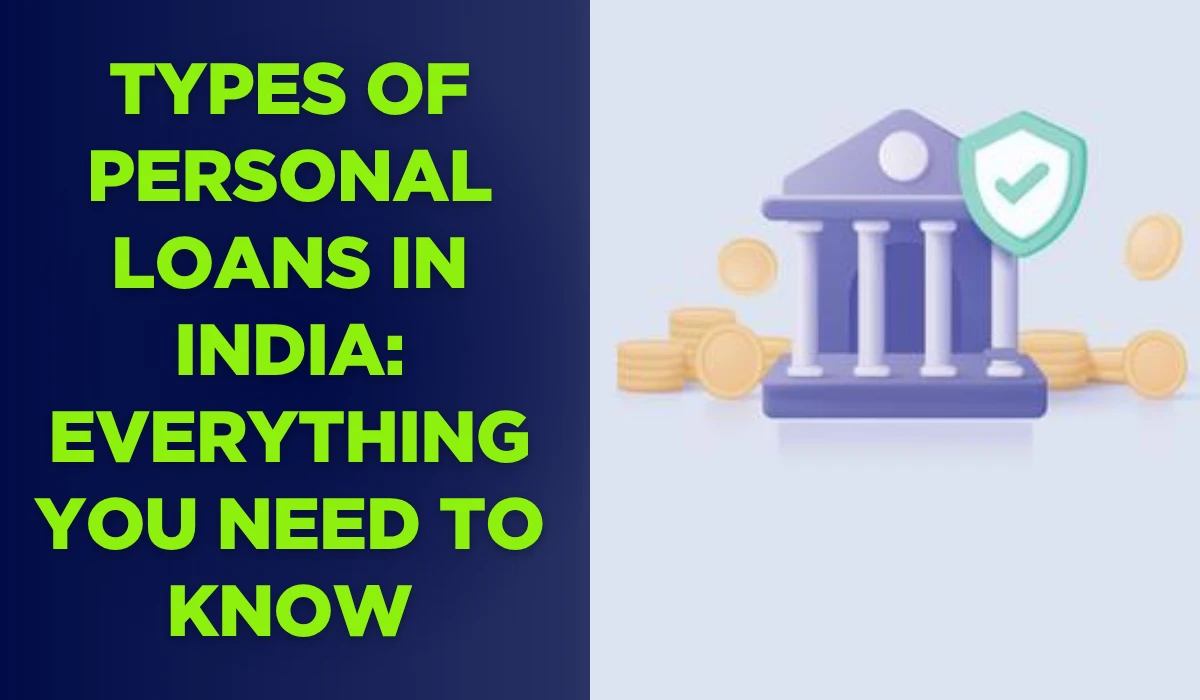Introduction to Home Ownership in India
In today’s digital age, social media platforms are flooded with financial influencers shouting, “Don’t buy a house!” They claim renting is smarter, EMIs are a trap, or that investing in stocks or crypto yields better returns. These attention-grabbing posts often spark debates, but are they truly relevant for Indian homebuyers?
The reality is that buying a house in India is not just about numbers—it’s about emotional security, cultural significance, and long-term financial stability. This article dives deep into why owning a home remains a wise decision for most Indians, debunking the myths spread by clickbait content.
Why the “Don’t Buy a House” Narrative is Misleading
The Clickbait Trap
Social media thrives on controversy. Posts claiming “buying a house is a bad financial move” are designed to provoke reactions, drive engagement, and boost the influencer’s visibility. While these arguments may sound convincing, they often oversimplify complex financial decisions.
For instance, comparing renting to buying based solely on monthly costs ignores long-term benefits like property appreciation and emotional stability. In India, where home ownership is deeply tied to culture and family values, such advice can mislead young buyers into delaying or avoiding a valuable investment.
Indian Context Matters
Unlike Western countries where renting is common, India’s cultural and economic landscape makes home ownership a priority. A house is not just a financial asset—it’s a symbol of stability, pride, and legacy. Dismissing this overlooks the unique realities of Indian society.
Emotional and Social Benefits of Owning a House
Stability and Peace of Mind
Owning a home provides unmatched emotional security. Unlike renting, where landlords can raise rents or ask you to vacate, a house is yours forever. This stability is invaluable, especially for families who want to create lasting memories in their own space.
Cultural Significance
In India, owning a “ghar” is a milestone. It’s tied to family pride, social status, and personal achievement. Parents often save for decades to buy a home, and children grow up with the same aspiration. This cultural value cannot be quantified in spreadsheets or compared to stock market returns.
Freedom to Personalise
When you own a house, you can design and modify it to suit your lifestyle. From choosing wall colours to investing in interiors, you have the freedom to make it your own without worrying about a landlord’s approval. Renters, on the other hand, often face restrictions.
Financial Benefits of Buying a House
Real Estate as a Wealth Builder
One of the strongest arguments for buying a house is its potential for long-term wealth creation. While rental yields in India (2–3% annually) may seem low, the real gains come from capital appreciation.
For example:
-
In the early 2000s, flats in cities like Bengaluru, Pune, or Noida cost ₹20–25 lakh.
-
Today, those same properties are worth ₹1 crore or more, a 4–5x increase in two decades.
-
This growth often outpaces inflation and provides a stable return compared to volatile assets like stocks or cryptocurrencies.
Table: Property Price Appreciation in Major Indian Cities (2000–2025)
| City | Approx. Price in 2000 (₹ Lakh) | Approx. Price in 2025 (₹ Crore) | Growth (x) |
|---|---|---|---|
| Bengaluru | 20–25 | 1–1.5 | 4–6x |
| Pune | 15–20 | 0.8–1.2 | 4–5x |
| Noida | 10–15 | 0.7–1 | 5–7x |
| Mumbai | 30–40 | 2–3 | 5–7x |
Note: Values are approximate and vary by locality.
Renting vs. EMI: The Long-Term Picture
Financial influencers often argue that renting is cheaper than paying EMIs. However, this comparison is flawed:
-
Rent Increases Over Time : If you pay ₹25,000 monthly rent today, it could rise to ₹40,000–₹50,000 in 10–15 years due to inflation and demand.
-
EMIs Remain Fixed : Home loan EMIs are fixed for the loan tenure. As your income grows, the EMI becomes a smaller portion of your budget, making it more manageable over time.
-
Ownership vs. Perpetual Renting : After paying off a home loan (typically 15–20 years), you own the property. Renters, however, continue paying rent indefinitely, with no asset to show for it.
Forced Financial Discipline
A home loan instils financial discipline. Monthly EMIs encourage you to prioritise savings and cut unnecessary expenses. By the end of the loan tenure, you own a valuable asset—a house—unlike renters who have no tangible return on their payments.
Hedge Against Inflation
Real estate is one of the best hedges against inflation. As the cost of living rises, so do property values and rents. Owning a home protects you from escalating rental costs, ensuring financial stability in the long run.
For example, if your parents bought a house in the 1990s for ₹5 lakh, its value today could be ₹50 lakh or more. Renting the same property now would cost a significant portion of their retirement income.
Tax Benefits of Home Loans
In India, home loans come with attractive tax benefits:
-
Section 80C : Deduction of up to ₹1.5 lakh per year on the principal repayment.
-
Section 24(b) : Deduction of up to ₹2 lakh per year on interest paid for a self-occupied property.
-
Additional Benefits : First-time homebuyers may claim an additional ₹50,000 deduction under Section 80EEA (subject to conditions).
These tax savings reduce the effective cost of owning a home, making it a financially savvy choice.
Addressing Common Myths About Home Ownership
Myth 1: “Renting is Always Cheaper”
As discussed, renting may seem cheaper initially, but rising rents and the lack of ownership make it costlier over time. A home loan, while demanding upfront, builds equity and eliminates future housing costs.
Myth 2: “Real Estate Returns Are Low”
While rental yields are modest, the real wealth in real estate comes from long-term appreciation. Properties in metro cities have consistently delivered 8–12% annualised returns over decades, rivalling or surpassing many other asset classes.
Myth 3: “You Can Invest the Money Elsewhere”
Some argue that investing in stocks or mutual funds yields higher returns than real estate. While equities can offer high returns, they come with higher risks and volatility. Real estate, on the other hand, is a tangible, stable asset with proven growth in India.
Why Home Ownership Matters in Retirement
One of the biggest advantages of owning a house is the peace of mind it offers in retirement. Without a regular income, paying rent can be a significant burden for senior citizens. Owning a home eliminates this worry, allowing retirees to live comfortably without the fear of rising costs or eviction.
Moreover, a fully paid-off house can serve as a financial safety net. You can:
-
Use it as collateral for loans in emergencies.
-
Rent out a portion for additional income.
-
Pass it on as a legacy to your children.
How to Make Smart Home-Buying Decisions
While buying a house is a sound investment, it’s essential to approach it wisely. Here are some tips to ensure you make the right choice:
- Assess Your Financial Readiness :
-
Ensure your EMI doesn’t exceed 40–50% of your monthly income.
-
Maintain an emergency fund to cover at least 6–12 months of expenses.
-
- Choose the Right Location :
-
Opt for areas with good connectivity, infrastructure, and growth potential.
-
Research upcoming developments like metro lines or IT hubs that can boost property values.
-
- Compare Home Loan Offers :
-
Look for competitive interest rates and flexible repayment terms.
-
Consider pre-paying the loan when possible to reduce interest costs.
-
- Plan for Additional Costs :
-
Factor in maintenance, property taxes, and society charges.
-
Budget for interior design and furnishings.
-
- Think Long-Term :
-
Buy a house with future needs in mind (e.g., space for a growing family).
-
Avoid speculative purchases based on short-term market trends.
-
Challenges of Home Ownership
While owning a house has numerous benefits, it’s not without challenges:
-
High Initial Costs : Down payments, registration fees, and stamp duties can be significant.
-
Loan Commitment : EMIs require consistent income, which can be stressful during job changes or financial crises.
-
Maintenance Costs : Unlike renting, homeowners bear the cost of repairs and upkeep.
However, these challenges can be mitigated with proper financial planning and choosing a property within your budget.
Conclusion: Don’t Let Clickbait Deter You
The “don’t buy a house” narrative may grab headlines, but it doesn’t hold up under scrutiny. For most Indians, owning a home is a powerful combination of emotional security, cultural significance, and financial wisdom. It offers stability, protects against inflation, and builds wealth over time—something renting can never achieve.
Before you dismiss home ownership based on social media posts, consider your long-term goals. Do you want a secure future for your family? Are you planning for a stress-free retirement? If yes, buying a house is not just a good decision—it’s one of the smartest investments you can make in India.
So, the next time you see a flashy post screaming “don’t buy a house,” take it with a pinch of salt. Focus on your priorities, do your research, and make an informed choice.














